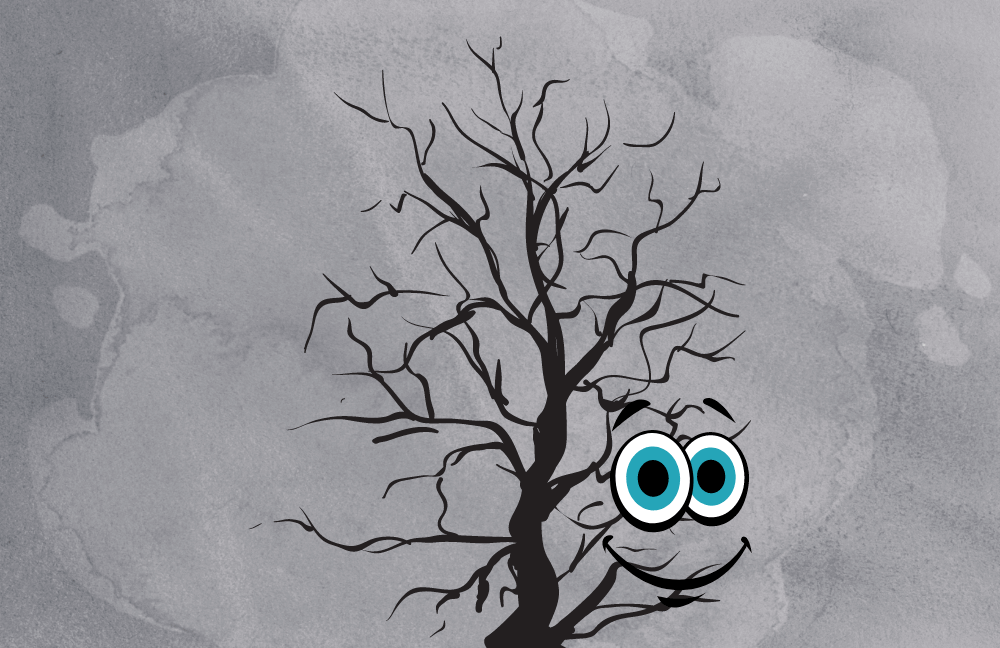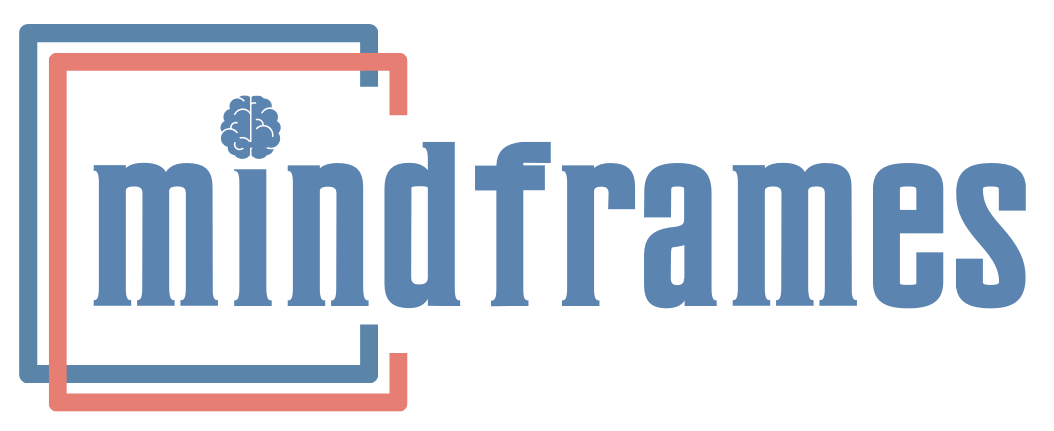Depressive Disorders
What is Depression or Major Depressive Disorder?
Depression (also called major depressive disorder) is different from sadness in response to life’s everyday hardships. It is an enduring, unnerving and inescapable low mood, that influences how you think, feel and behave. It also impacts basic life functions like eating, sleeping and working; as well as communicating with friends and family. There are two very discomforting and self-defeating facts about depression. First, it is so common that we fail to acknowledge that it is a problem. And second, we think it’s not a big deal, so we should fight it on our own, or that it will just go away with time.
Is Depression a Serious Problem?
Depressive disorders (and their entire spectrum) are commoner than you realize. It’s an epidemic in itself. Nearly one out of 12 people in the world are depressed, but a very small percentage of them recognize this; and an even tinier fraction do something about it. According to the World Health Organization (WHO), more than 300 million people worldwide have depression and about 800 000 people die each year of suicide. Depression does not allow you to live life optimally, prevents academic, career and work success, and takes away all color and meaning from existence.
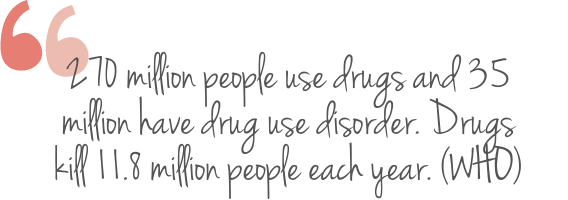
What Causes Depression?
There is no single reason that can be pinpointed to explain why one gets depressed. Evidence and research over the years explain a combination of genetic, biological, psychological and environmental factors. High risk dynamics include a history of depression in the family, significant traumatic life events, acute or long-standing physical illness, or some specific medicines that interfere with the brain chemical activity.
Also, your coping style, psychological defenses you use, the support system you build around you, and the way you react to life events, all affect the way these are perceived by your brain and subsequently appraised as positive or negative memories of your life. More the negative appraisal, greater the sadness and subsequent possibility of developing depression.
Depression Symptoms And Signs
Ordinarily we believe that sadness is a hallmark of depression. This is of course true for major depression; but other varieties of depression may influence life negatively even though people are successful at hiding their sadness. This is also known as smiling depression. Not everyone with depression presents with the same symptoms. Yet, typically if you experience some or many of the following for a consistent period in time, you might be suffering from major depression, and you should seek professional therapy.
Depression: Emotional
- Sadness; persistently feeling empty
- Crying episodes without any trigger
- Weakness, insecurity, helplessness
- Feeling like not wanting to exist
- Hopelessness, despair, frustration
- No interest in anything pleasurable
- Guilt, shame and feeling worthless
Depression: Physical
- Feeling weak, fatigued and tired
- Doing everything much slower
- Agitation and moodiness at times
- Difficulty falling or staying asleep
- Distinctly early morning waking
- Appetite and weight changes
- Aches and pains, everywhere
Depression: Cognitive
- Trouble concentrating on tasks
- Negative and irrational thinking
- Confusion and memory lapses
- The mind going blank or empty
- Irrational and illogical self-blame
- Obsessing repeatedly on suicide
- Feeling it’s the end of everything
Depression: Behavioral
- Indecision, too much contemplation
- Social withdrawal, getting isolated
- Home, social, work and self-neglect
- Irritability, frustration, and outbursts
- Stopping once-pleasurable activities
- Self-harm as well as suicide attempts
- Incomplete, inadequate, restless sleep
Depression: On The Inside
- Continuously sad, anxious, or ill at ease
- Hopeless, pessimistic, and negativistic
- Irrationally guilty, worthless, or helpless
- Restless, anxious, nervous and agitated
- Distracted, indecisive, confused
- Meaningless, purposeless, “empty”
Depression: On The Outside
- No interest in hobbies or daily activities
- Tired, fatigued, drained, low on energy
- Walk, move or talk slower than before
- Irritable and frustrated on little things
- Either it’s too much or too little sleep
- Appetite changes with weight gain/ loss
Depression Variants
Sometimes depression becomes so serious that you cannot even move, you feel an inertia to do anything at all – this variant is called catatonic depression. Depression that is part of the bipolar spectrum and alternates with mania is called atypical or bipolar depression. When the mood dips extremely low to a dark and devastating level, it is known as melancholic depression. If depression surfaces in deep thinkers as a result of loss of meaning in life and its purpose, it is termed as existential depression.
Moods swings are also observed in women as an outcome of the hormonal switches of menstruation (premenstrual dysphoria), pregnancy (peri and post-partum depression) and menopause (perimenopausal depression). Sometimes depression surfaces after schizophrenia and is called post-schizophrenic depression. The culprit masquerades in many faces.
Treatment of Depression
All forms of depression benefit from psychological intervention and therapies. Biological depression improves best with antidepressant medication. The first most important step in managing depression is making the right diagnosis. This also includes ruling out any other physical or psychological variable that simulates depression but may have a different line of management. Psychotherapy with or without medication, as well as social and family intervention are the best solution to get rid of depression that has the capacity to eats your existence every day.
Psychotherapy focuses on changing negative views of yourself, others, and the world at large. Cognitive techniques like CBT (Cognitive Behavioral Therapy), REBT (Rational Emotive Behavior Therapy), ACT (Acceptance and Commitment Therapy) and Humanistic techniques like EFT (Emotion focused Therapy) and mindfulness, to name a few. All of these work on dysfunctional thoughts, emotions and behaviors that contribute to unreasonably negative thoughts and moods.
Here are some ways in which therapies; particularly cognitive behavior therapy (CBT) and its subtypes, help you cope with depression and prevent it from recurring.
Depression Therapy Goals
- Reduce emotional hyper-reactivity
- Identify negative irrational thoughts
- Defy distorted, negative perceptions
- Replace these with positive beliefs
- Analyze the causes of helplessness
- Reframe the hopelessness to hope
- Fight worthlessness, build self esteem
- Inculcate logical problem solving
Depression Therapy Outcomes
- Better adaptation to crisis situations
- Enhanced tolerance to frustration
- Greater resilience and stress coping
- Improved interpersonal relationships
- Enhanced communication skills
- Reclaimed self-confidence/ esteem
- Realistic emotional and life goals
- Awareness of negative automatisms
How Dr Shefali Helps You Overcome Depression
The keystones of good depression management are empathic listening, unconditional acceptance, and respect for how you feel. We first have a detailed discussion with you as well as your family, (only if and where you permit) and then chalk out a treatment plan that embraces your goals, preferences and pace of self-work.
As a psychiatrist and psychotherapist offering assessments, and practicing distinctive therapies, Dr Shefali guides you through cognitive, mindfulness and neurobehavioral milestones to help you think, feel and behave more purposefully. Changing long standing thought processes, emotional reactivity and behavior patterns is not easy. With ongoing communication, hand holding support, continuous daily guidance and self-monitoring with mindfulness training, the speed of healing increases manifold.
Through CBT for depression, you bring your attention to events, interactions, relationships, or any other stressors; and then create a structured plan to change them. You learn how to challenge negative thoughts, and switch from an automatic mode, to a mindful approach. In time you develop a rational and responsive attitude towards yourself and the world.
Dr Shefali Batra was interviewed by VERVE Magazine on Demystifying Mental Health. She explained the applicability of different therapies in various psychological conditions and how they help.
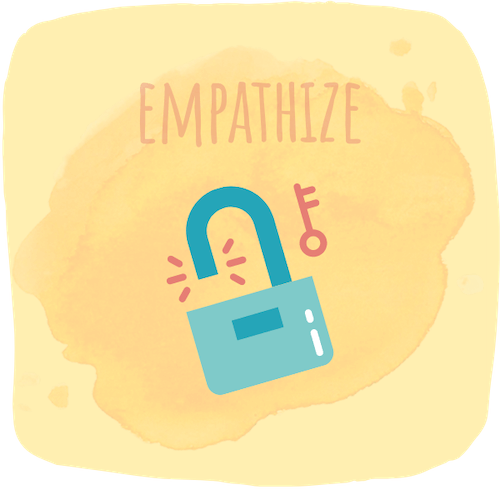
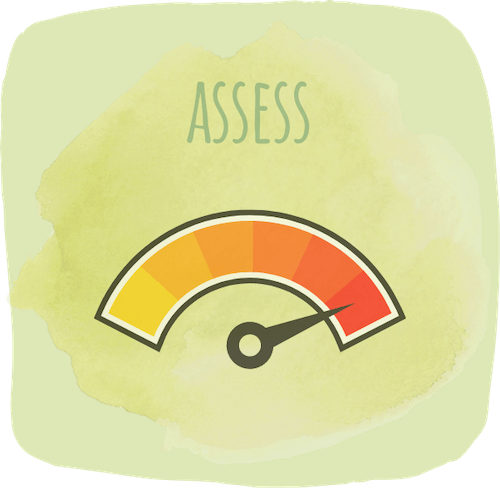

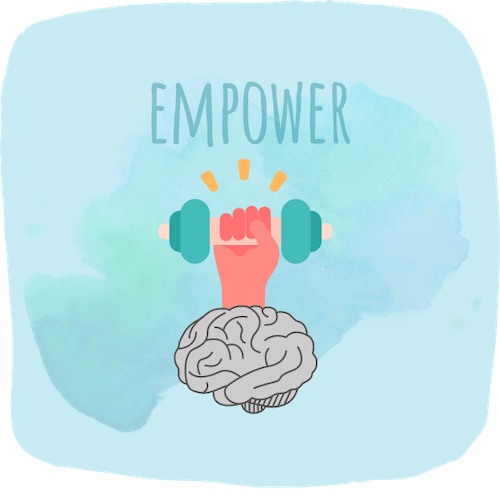
References
- GBD 2017 Disease and Injury Incidence and Prevalence Collaborators. (2018). Global, regional, and national incidence, prevalence, and years lived with disability for 354 diseases and injuries for 195 countries and territories, 1990–2017: a systematic analysis for the Global Burden of Disease Study 2017. The Lancet.
- McPherson, S., Wicks, C. & Tercelli, I. (2018). Patient experiences of psychological therapy for depression: a qualitative metasynthesis. BMC Psychiatry 20, 313 (2020).
- National Institute for Health and Care Excellence (2009). Depression in adults: recognition. Clinical guideline.
Latest Posts

7 Reasons Why You Should Seek Therapy
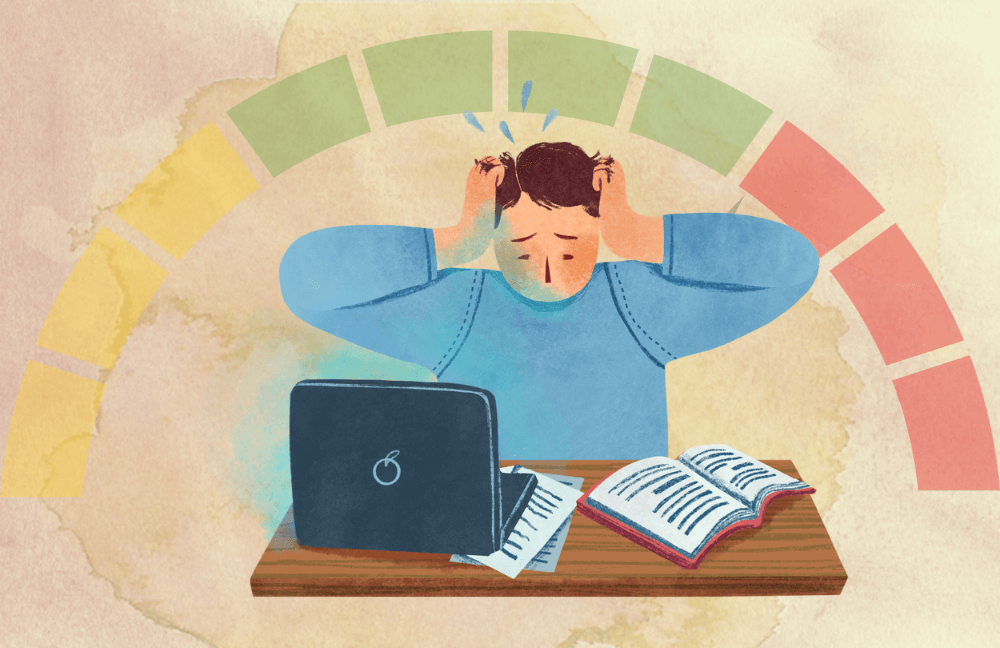
7 Questions About Workplace Stress Answered
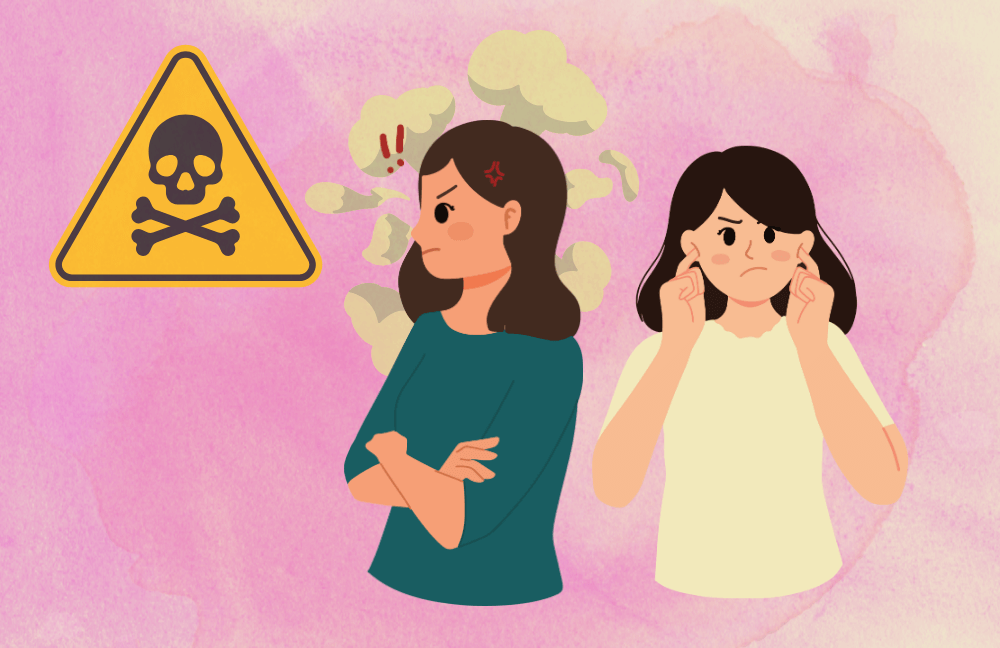
5 Ways To Deal With A Toxic Coworker
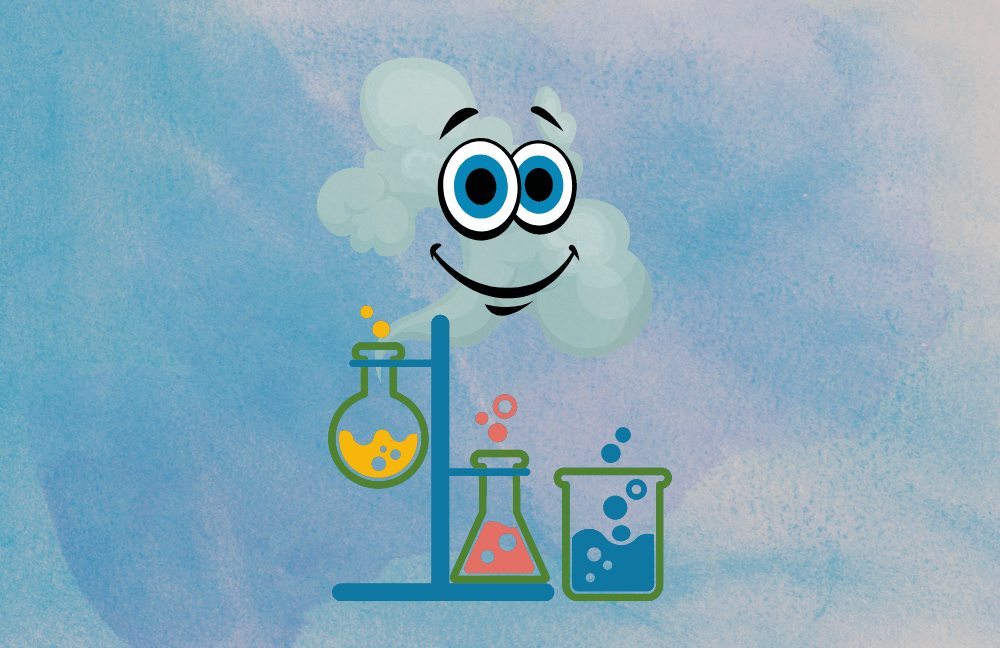
Science of Happiness: 1000s Of Years Of Research
